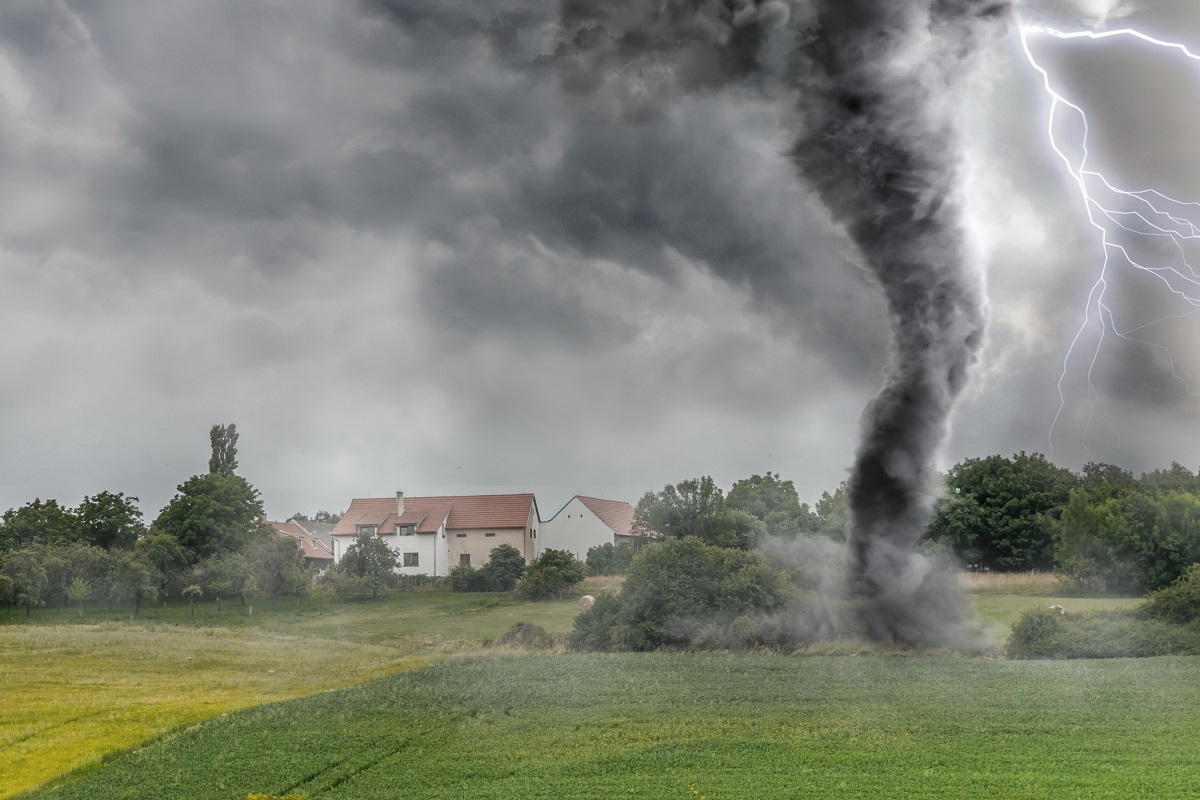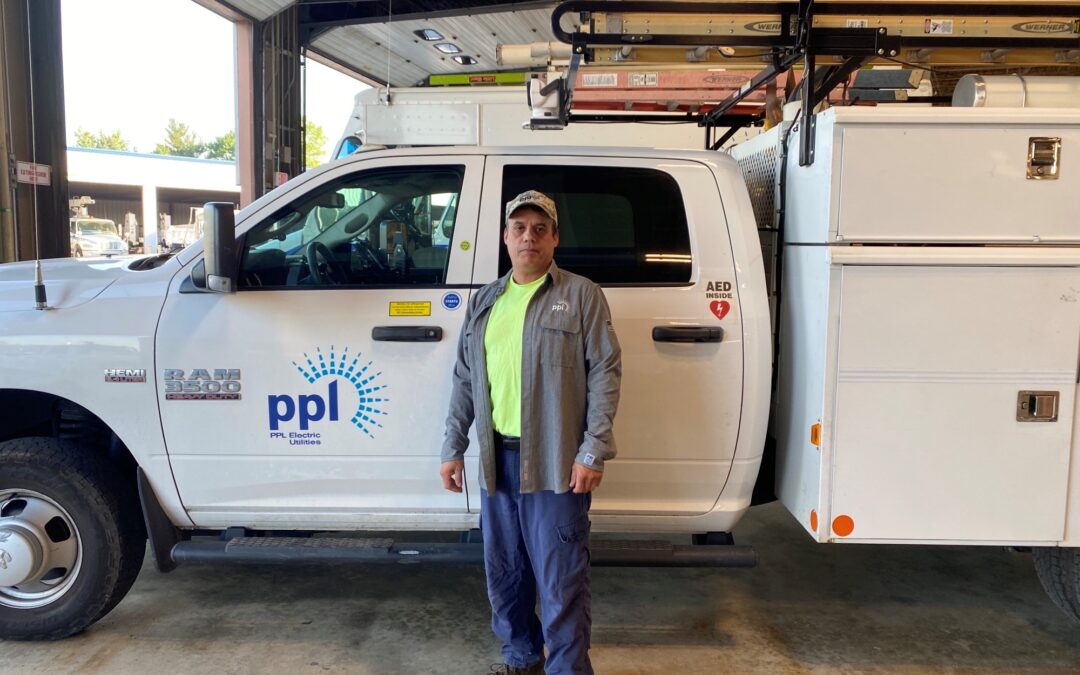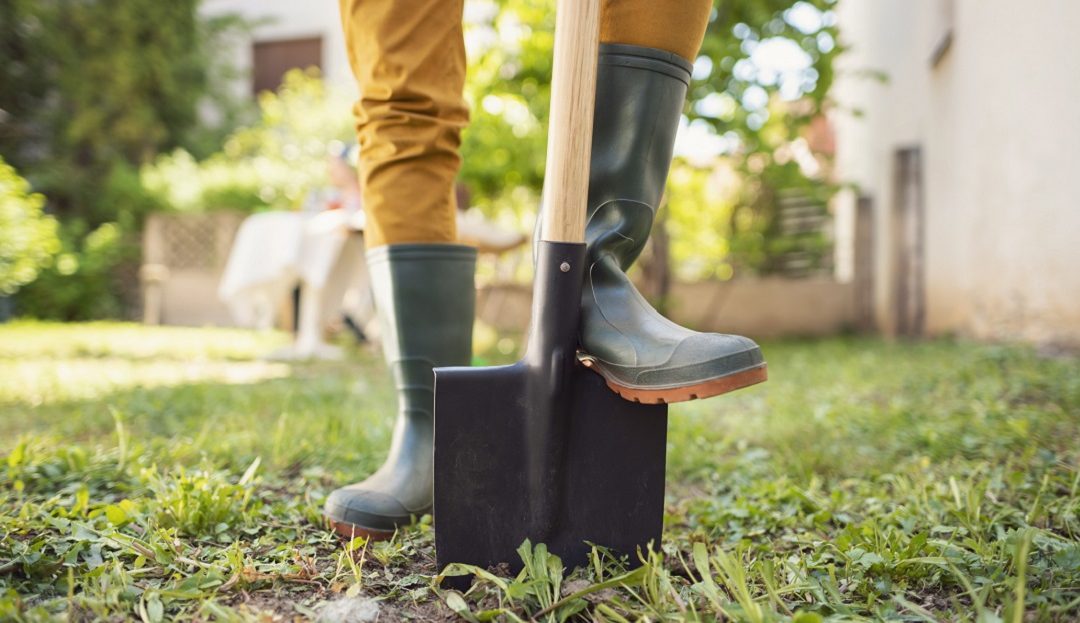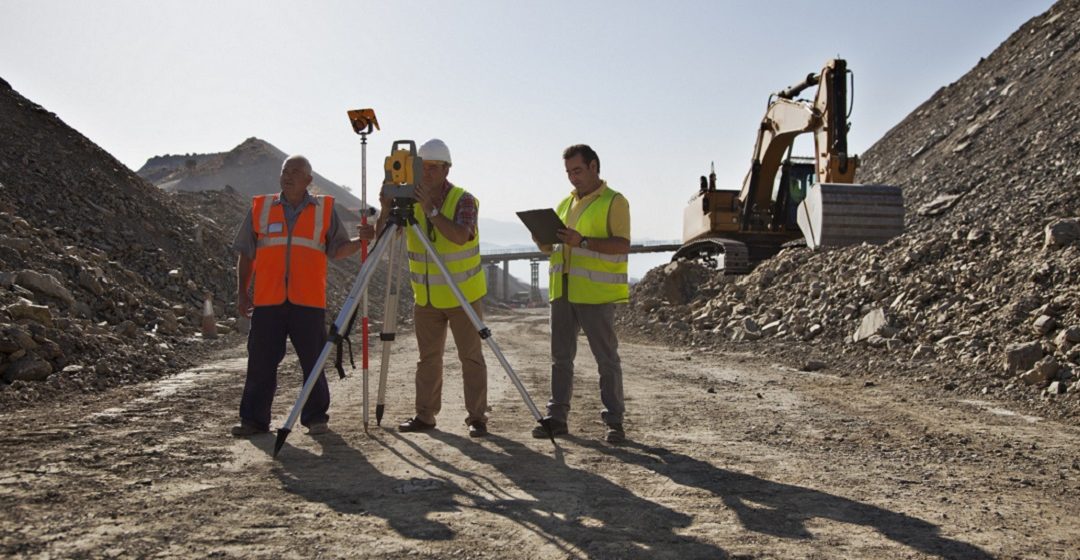
Jul 11, 2022 | Storms and Outages
No matter what kind of weather passes through our region, we’ll be prepared.
Here’s how you can stay safe and prepare for all types of storms:
- Regularly check local news, radio, or your mobile device for information about storm watches or warnings in your area.
- Keep supplies in an emergency preparedness kit. Include water bottles, non-perishable food, blankets, first-aid supplies, flashlights, and a battery-powered radio.
- Make sure your yard is free of heavy debris that could be tossed around in the wind. Trim trees to prevent limbs from falling on your house.
Tornadoes
Tornadoes are capable of destroying homes, uprooting trees, and hurling objects through the air.
- Choose a safe area in your home where you and your family can gather if a tornado warning is issued. This area should be in the basement or a room with no windows and on the lowest level of your home.
- Conduct routine tornado drills with the entire family so everyone knows where to go and what to do if a tornado is approaching.
- Watch for signs of a tornado: a dark-colored sky, low-lying clouds, large hail, or a loud roar.
Hurricanes
Hurricanes are violent storms that often cause property damage and life-threatening hazards, such as high winds and flooding.
- Create an evacuation plan and practice it ahead of time to avoid confusion during the event.
- Close windows, doors, and hurricane shutters.
Thunderstorms
Lightning kills more people every year than tornadoes and hurricanes. Rain and heavy winds can cause flooding, damage to homes, and widespread power outages.
- If a thunderstorm appears likely, postpone all outdoor activities.
- If a thunderstorm watch or warning is issued, take shelter in your home or other building.
- Shutter all windows and close exterior doors securely.
Floods
Flash flooding can be among the most damaging and costly of all natural disasters.
- If you live in a flood-prone area, keep sandbags, plywood, and plastic sheeting on hand.
- Seal the walls in your basement with waterproofing compounds to avoid seepage.
Power outages
Although we work hard to maintain reliable electric service, a storm may lead to a power outage. You can report or check the status of an outage at pplelectric.com/outage or by texting “OUTAGE” to TXTPPL (898775).
Source: Questline

Jun 7, 2022 | Safety and Security
Miguel Cabrera didn’t think twice when he saw a ladder leaning up against a power line on his way to a job site in Lancaster.
He immediately parked his vehicle, put his hazard lights on and approached a man on the ladder to make him aware of the hazard.
“I walked up to him and said, that ladder is up against a cable that’s energized,” said Cabrera, a journeyman electrician. “He said, ‘What do you mean?’ I said, it can kill you.”
The man, who was using the ladder for work he was doing on a house, said he was told it was a cable wire, as opposed to an electric wire. He was apologetic and grateful that Cabrera took the time to make sure he was safe.
Cabrera’s good deed was a great example of looking out for the safety of others. The situation also was a reminder to look up and make sure there are no wires nearby when setting up a ladder for any job.

Mar 29, 2022 | Safety and Security
When it comes to electricity, no one knows more about how it works – and, more importantly, how to stay safe around it – than illustrious superhero Captain Wattage.
Just ask the hundreds of children across our service territory that saw him in action this spring.
Approximately 5,500 children in schools across central and eastern Pennsylvania saw our latest sponsored theater program designed to give long-lasting lessons about electrical safety.
The program, shown to students via livestream, featured Captain Wattage, who faces off against nemesis Vivica Voltage, who tries to get people to be unsafe around electricity. Through a series of lessons and with the help from Lineman Larry, Captain Wattage teaches how electricity is made, the uses of electricity, while identifying dangerous situations and how to stay safe around electricity.
It marks the seventh year that we’ve provided the program to schools in the communities we serve. To date, more than 120,000 elementary school children at more than 300 schools across PA have seen the program.
The online show is supplemented by student playbooks, posters and an e-learning package including games, e-books, hands-on lessons, and assessments for educators. We sponsor every aspect of the program, making Captain Wattage a cost-free supplement to lessons in science, literacy, and the arts taught by schools today.
For more information about electrical safety for kids, including games and activities please visit pplelectric.com/safety.

Mar 25, 2022 | Safety and Security
Are you planting any trees or shrubs this spring? If so, are you planning to call 811 before you start digging?
If you think a hole being dug for trees or plants isn’t enough to make the free 811 call, you may be wrong.
Some utilities could be buried inches below ground. And, unfortunately, about one in five people who dig don’t call 811 because they think their project isn’t deep enough for the call, according to Common Ground Alliance, a North American organization dedicating to preventing damage to underground utilities.
An 811 call is free for homeowners excavating on their residential property.
The law requires an 811 call before digging with power equipment, including backhoes, excavators, post hole diggers, and trenchers.
But it’s best to play it safe with any digging project by making the 811 call. Once placing the call, a crew will come out to the dig site to look for potential underground utilities and mark them with paint.
Here’s the information you will need when calling 811:
- The county and municipality in which the planned dig is located.
- The street name and address.
- The nearest intersecting/cross street to the address.
- Details of the dig site, including the area of the property where excavation will occur and what kind of work is being done.
- When the project is scheduled to take place.
If you hire a contractor to do the excavation for you, they are required to call 811 themselves.
Stay safe this spring and call before you dig.
For more info, visit the Pennsylvania 811 website at pa1call.org.

Mar 25, 2022 | Safety and Security
If you do any kind of excavation work as part of a business or at home, you won’t want to miss PA Safety Days events that Pennsylvania One Call System, Inc., is hosting across the state this year, to celebrate its 50th anniversary.
Beginning with Eastern Safety Day at Agri-Plex’s Bill Harris Agricultural Hall, 302 North 17th Street in Allentown on May 17, 2022, the free events provide a chance for excavation professionals, public officials, and others to learn about safe digging practices and promote the protection of critical underground utilities.
We are a proud sponsor of these free events, which have drawn an estimated 28,000 people since 2006.
You can register and learn more about the following events online at pa1call.org/SafetyDay.
- May 17: Agri-Plex’s Bill Harris Agricultural Hall, Allentown Fairgrounds, 302 N. 17th St., Allentown, PA.
- May 19: Drexelbrook Conference Center, 4700 Drexelbrook Dr., Drexel Hill, PA.
- June 7: Monroeville Convention Center, 209 Mall Blvd., Pittsburgh, PA.
- June 16: York Expo Center, Mid-Atlantic Industrial East and West, 334 Carlisle Ave., York, PA.
- August 11: Mohegan Sun Pocono, 1280 Highway 315, Wilkes-Barre, PA.
- Sept. 20: Bayfront Convention Center, 1 Sassafras Pier, Erie, PA.
- Sept. 22: Blair Convention Center, 1 Convention Center Dr., Altoona, PA.
The Safety Day conferences provide valuable training, networking, knowledge transfer, and continuing education, while featuring hands-on demonstrations and an opportunity for participants to learn about the latest safety practices, tools, and techniques.
Attendees typically include excavators, designers, public utilities, facility owners, project owners, municipal leaders, sewer and water authorities, public officials, emergency responders, locators, damage prevention associates, excavation professionals and homeowners.
Each host venue will follow cleaning protocols recommended by the Centers for Disease Control and Prevention (CDC), and the Pennsylvania Department of Health.
Remember to contact Pennsylvania 811 a minimum of three days before you plan to dig. To learn more, please visit Pennsylvania 811 website at pa1call.org.





